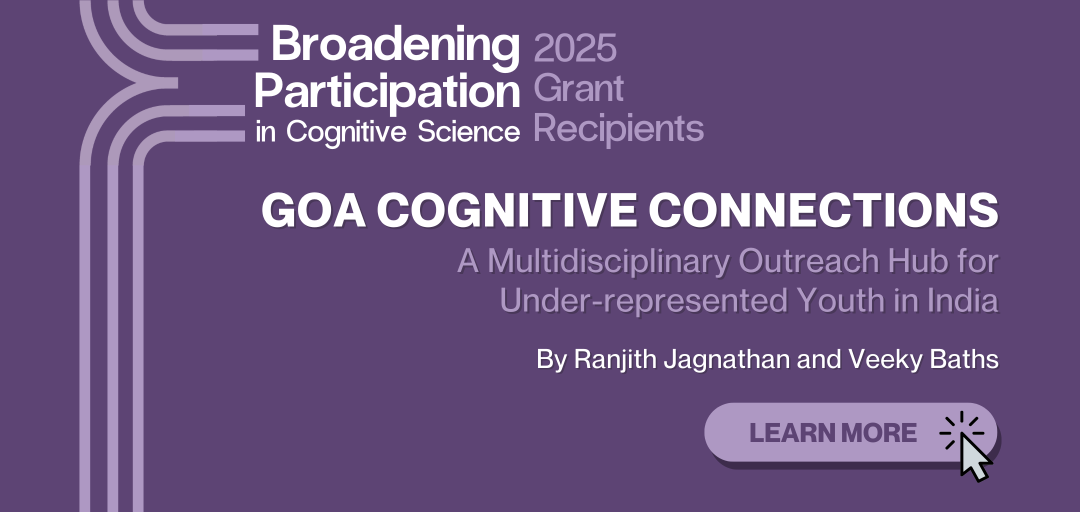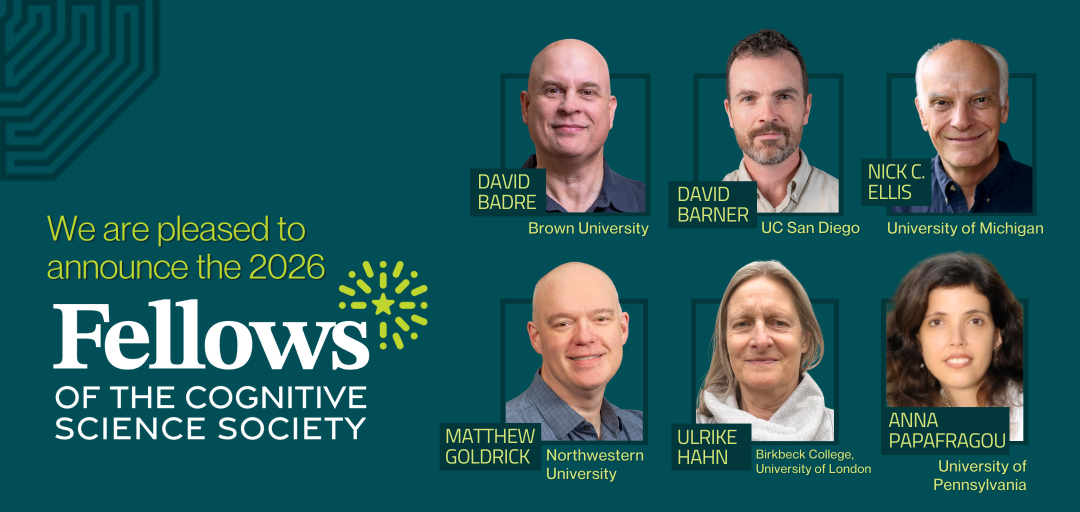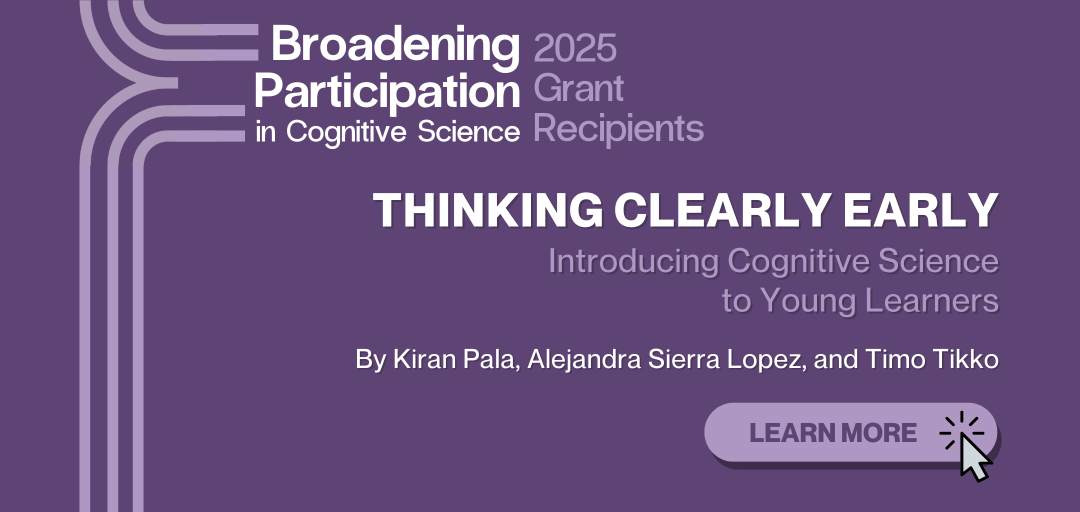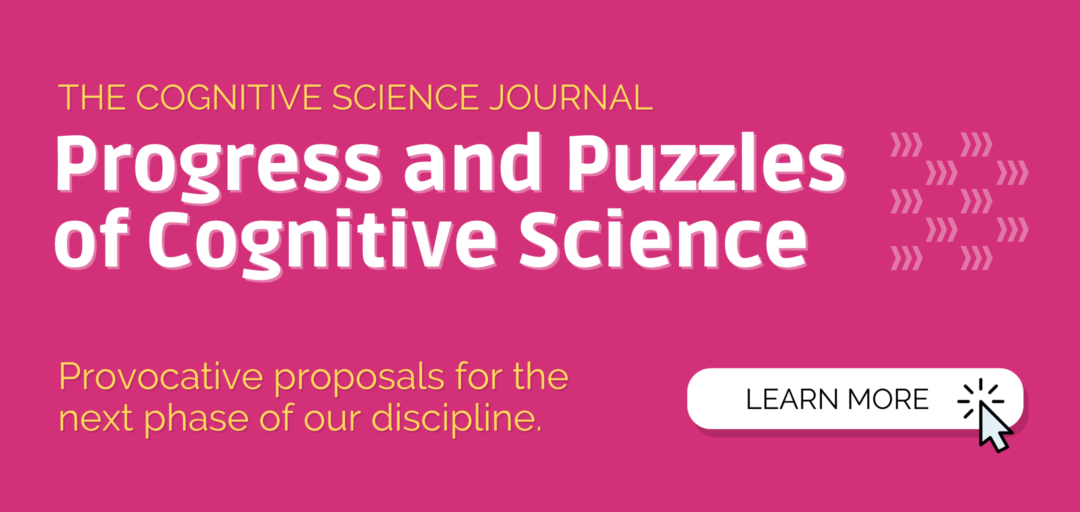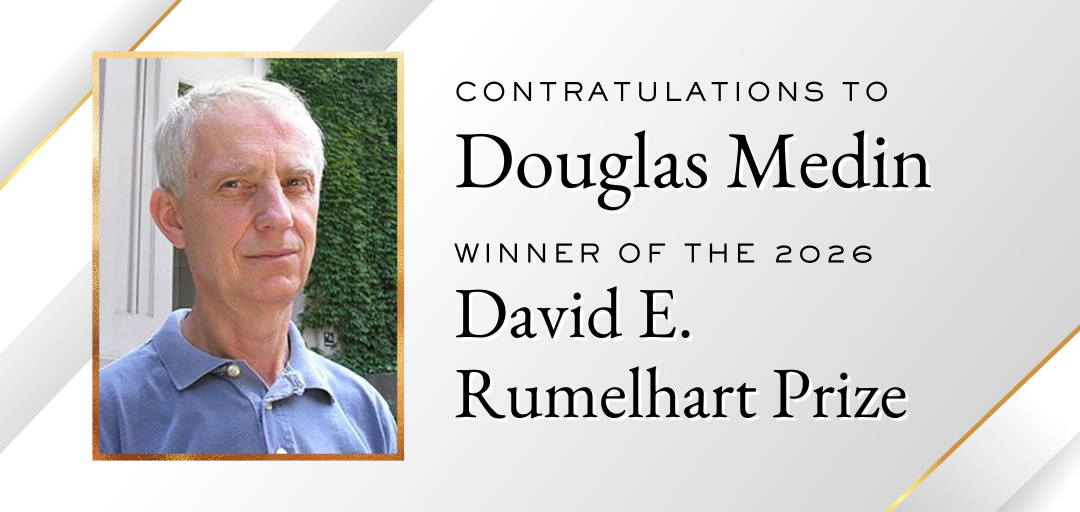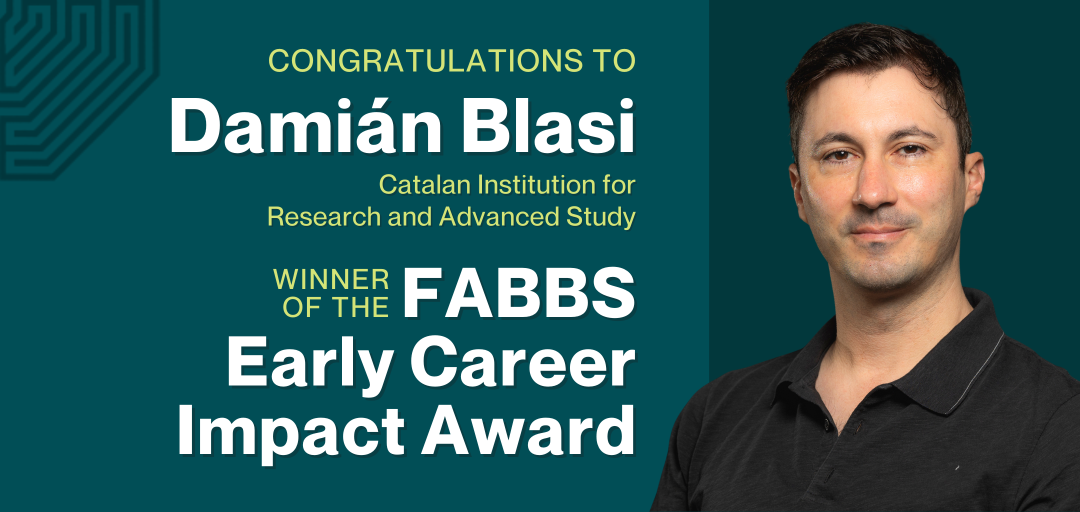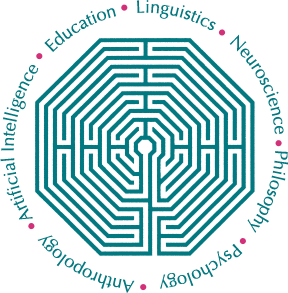
Welcome to the Cognitive Science Society (CSS). The mission of the Society is to promote Cognitive Science as a discipline, and to foster scientific interchange among researchers in various areas of study, including Artificial Intelligence, Linguistics, Anthropology, Psychology, Neuroscience, Philosophy, and Education.
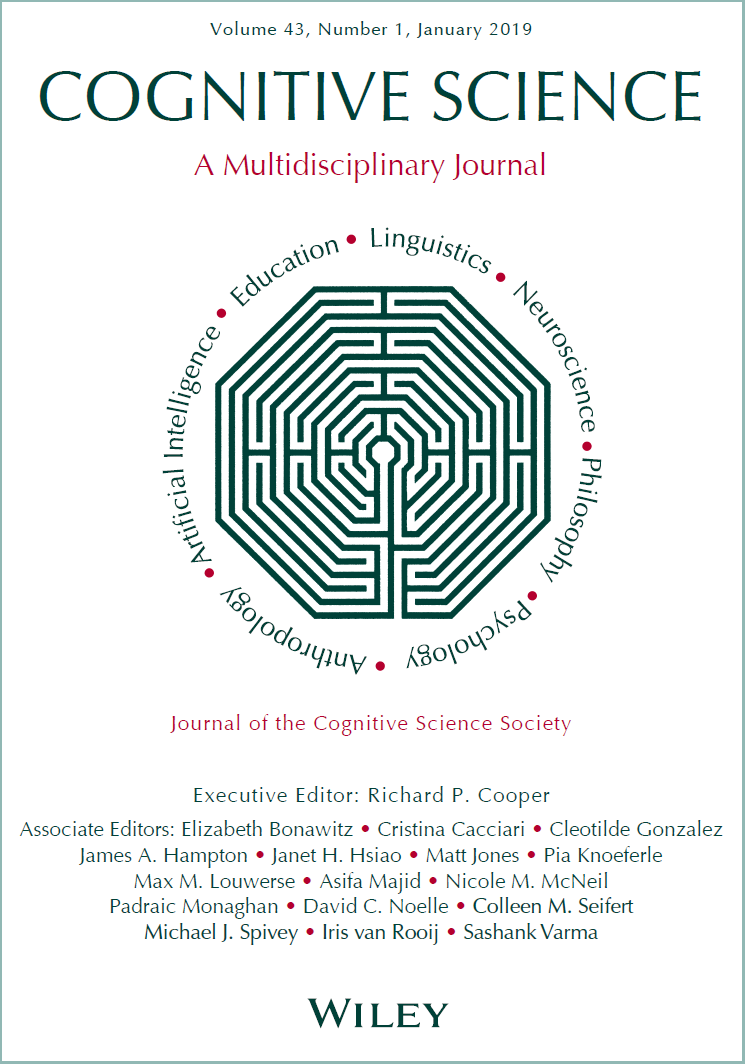 Cognitive Science: A Multidisciplinary Journal. Cognitive Science is the official journal of the Cognitive Science Society. Membership in the society includes a subscription to the journal.
Cognitive Science: A Multidisciplinary Journal. Cognitive Science is the official journal of the Cognitive Science Society. Membership in the society includes a subscription to the journal.
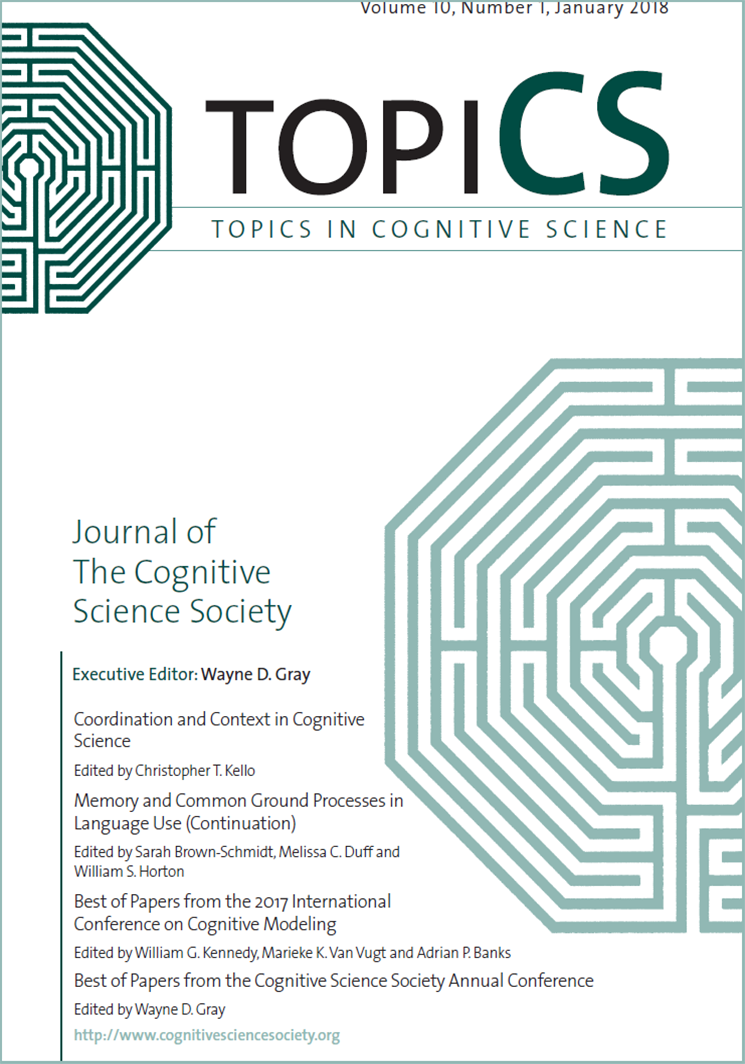 topiCS: Topics in Cognitive Science. Our newest journal is devoted to special topics and frontier issues in cognitive science.
topiCS: Topics in Cognitive Science. Our newest journal is devoted to special topics and frontier issues in cognitive science.
Recent Articles
- The Cross‐Linguistic Coordination of Overt Attention and Speech Production as Evidence for a Language of Vision
- Thinking of Oneself as Someone: The Structure of Self‐Representation
- The Effects of Cognitive Fatigue and Articulatory Suppression on Statistical Language Learning Depend on the Strength of Cognitive Resources
- Psychological Value Theory: Predicting Initial Romantic Partner Choice From a General‐Purpose, Computational Cognitive Model of Value‐Based Choice
- Dynamics of Inhibitory Control Processes in a Simon‐Switch Task: A Mouse Tracking Study
- Parsing Interactive Social Cognition: Mentalizing Accuracy and Propensity in Dyadic Contexts
- Issue Information
- Thickness Is More Than Affective Valence: Evaluative Language Through the Lenses of Psycholinguistics
- No Evidence for Agent−Patient Role Attribution in Human Infants, Human Adults, and Guinea Baboons (Papio papio)
- The Influence of Grammatical Gender on Object Conceptualization Is Weak and Language‐Dependent
Recent Articles
- Marks and Meanings: New Perspectives on the Evolution of Human Visual Culture
- Dynamical Cognitive Science! Wherefore Art Thou?
- Comparing Geometric Shape Representations in Humans and Baboons: A Language of Thought Perspective
- Medical Recipes in Early Medieval English: A Cultural Linguistic Perspective on the Cognition of Health and Illness
- Cognitive Technologies and Their Histories
- Where Mathematical Symbols Come From
- A Cultural Evolutionary Model for the Law of Abbreviation
- Material Anchors in Language Learning
- The Phoneme as a Cognitive Tool
- Symmetry as a Cognitive Tool in Mesoamerican Divinatory Books

Welcome to the Cognitive Science Society (CSS). The mission of the Society is to promote Cognitive Science as a discipline, and to foster scientific interchange among researchers in various areas of study, including Artificial Intelligence, Linguistics, Anthropology, Psychology, Neuroscience, Philosophy, and Education.
